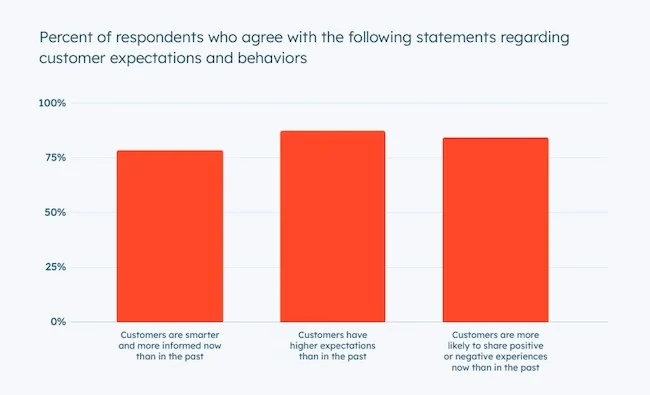WHY STUDY GLOBAL BUSINESS? 5 BENEFITS TO CONSIDER

You may have heard the age-old phrase, “It’s a small world.” In a time of advanced technology, the world not only feels small in terms of accessibility, but also in terms of connectivity. It’s impossible to avoid being impacted by the decisions made by others around the globe—and no field showcases this dynamic better than business.
If you own a company or are a key employee, the actions and plans of business and political leaders worldwide impact your organization’s trajectory, whether or not you operate internationally.
Because global business is such a multifaceted field that’s often studded with high-risk, high-reward opportunities, it can be intimidating to dive in. Here’s a look at what global business is, five ways studying it can help you as an organizational leader, and how to kick off your education.
Global business, also called international business, is the production and sale of goods and services between countries. The term can also encompass the nuances, politics, and dynamics of doing business in a global economy.
There are three ways companies can be considered international:
- Produce goods domestically and sell domestically and internationally
- Produce goods in a different country but sell domestically
- Produce goods in a different country and sell domestically and internationally
Even if your organization doesn’t produce or sell products internationally, the global market can still impact your firm in meaningful ways. For instance, let’s say you own a clothing company that sells embroidered T-shirts. Your products are made in the United States from locally sourced material, and you only sell domestically. How might global business impact your company?
- Domestic competitors may produce or sell their products internationally and gain more traction. For instance, a rival company sources cotton from a farm abroad and charges less money for similarly embroidered T-shirts. It then develops a global audience and presence, perhaps where clothing trends differ from those of the US.
- Internationally-based companies could become your competitors, too. For example, a clothing company based in the United Kingdom may expand into the US and win over your customers.
- Laws in other countries regarding the taxation, production, and importation of goods may impact the market you operate in. Policy changes, even those made abroad, can have a ripple effect that impacts your domestic business.
Studying global business can enable you to navigate the challenging, ever-changing business world while capitalizing on opportunities for expansion and connection. Here are five benefits of studying global business to consider.
BENEFITS OF STUDYING GLOBAL BUSINESS
1. Understand Macroeconomics
One benefit of studying global business is that you gain awareness of the dynamics of macroeconomics. You develop an understanding of economic metrics you can use to compare countries on a one-to-one basis and several other factors that impact a country’s economic health.
Some metrics you can learn to use include:
- Gross domestic product (GDP)
- Unemployment rate
- Inflation rate
- Degree of income inequality
- Currency exchange rate
“It seems obvious why companies with operations or customers spanning the globe would have to worry about global macroeconomics,” says Harvard Business School Professor Forest Reinhardt in the online course Global Business. “If exchange rates move or inflation changes at different rates in different countries, it’s going to affect the economic performance of those firms.”
Reinhardt also stresses that even domestically operated companies need to understand macroeconomics.
2. Gain an Appreciation for Different Cultures
Just as important as the “hard skills” of macroeconomics are the “soft skills”—such as emotional intelligence—required to tactfully and respectfully navigate an international business world. Diving into global business means exposing yourself to cultures that might greatly differ from your own. Learning about the customs, holidays, beliefs, social norms, and expectations of the cultures in countries where you’ll be working, selling, and employing people is invaluable when making connections.
Keep an open mind and lead with curiosity, empathy, and respect. At the heart of every business deal is a relationship between people; set yourself up to forge meaningful relationships with professionals in other countries by expanding your cultural competency.
3. Navigate the Opportunities and Challenges of International Politics in Business
Because political leaders and systems have the power to influence education, transportation, laws, and taxes, they can also alter the global business landscape.
Studying global business can prepare you for scenarios that occur as a result of political decisions. It can also give you a tool kit for thinking on your feet when the unexpected happens.
One such unexpected event was the coronavirus (COVID-19) pandemic, which swept the world starting in early 2020. The pandemic devasted communities with deaths and health complications and caused international tensions and economic and political unrest.
- Cost of capital
- Cross-border flows
- Market entry and global footprint
- Corporate responsibility
- Innovation






Responses